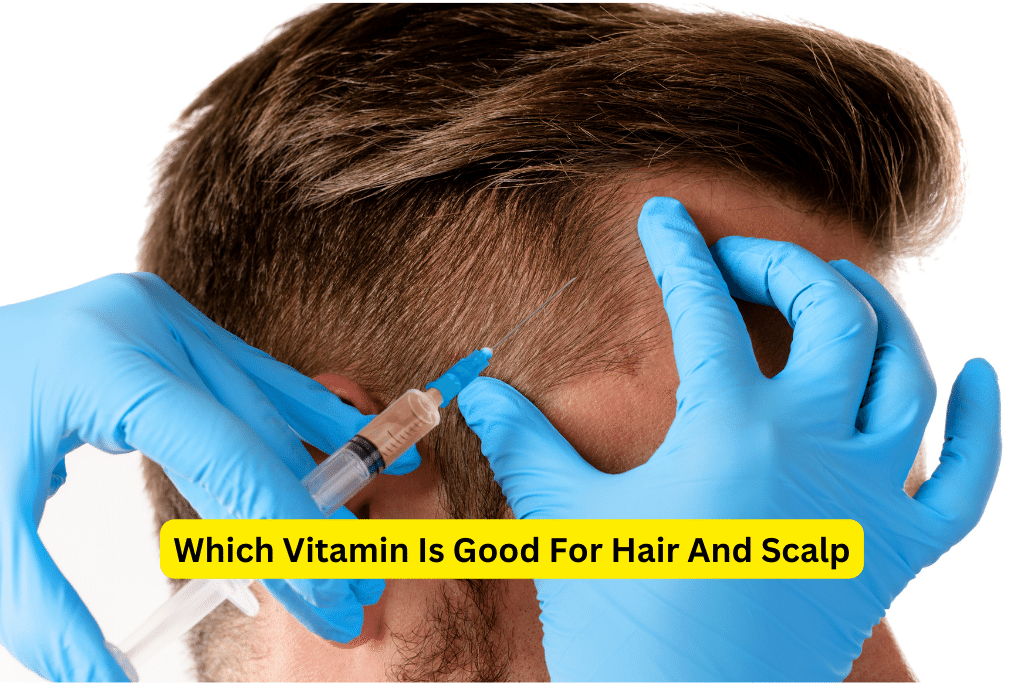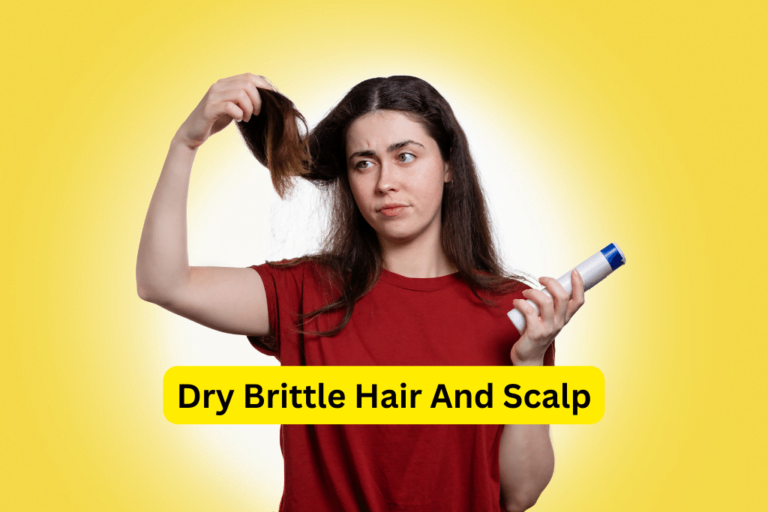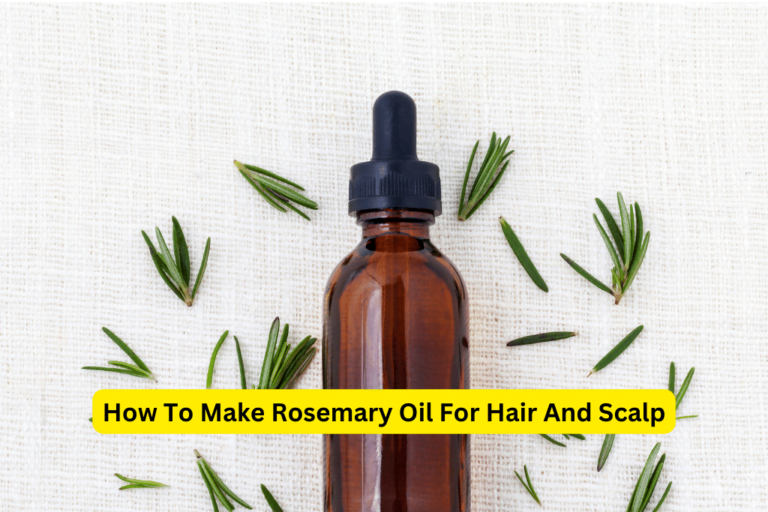Achieve Beautiful Hair & Scalp with the Right Vitamin
Which Vitamin Is Good For Hair And Scalp
Maintaining healthy hair and scalp is a priority for many people, as it not only enhances their appearance but also contributes to their overall confidence and well-being. While various factors like genetics, hair care practices, and environmental conditions can impact hair health, a key element that is often overlooked is diet and nutrition. The food we consume plays a crucial role in providing the necessary nutrients for hair growth and maintaining a healthy scalp.
In this comprehensive guide, we will explore the benefits of vitamins for hair and scalp health. By understanding the role of different vitamins, you can make informed choices about your diet and ensure that you’re getting the right nutrients for strong, shiny hair and a well-nourished scalp.
I. Understanding the Role of Vitamins in Hair and Scalp Health
Vitamins are essential for maintaining healthy hair and scalp as they play a vital role in various processes related to hair growth, strength, and overall scalp health. Among the key vitamins that contribute to hair and scalp health are:
- Vitamin A
- B Vitamins (Biotin, B12, Niacin, etc.)
- Vitamin C
- Vitamin D
- Vitamin E
Each of these vitamins has unique properties and benefits that help address specific hair and scalp concerns.
II. Vitamin A: Nourishing Your Hair from Within
Vitamin A is an essential nutrient for maintaining healthy hair and scalp. It promotes the production of sebum, an oily substance that moisturizes the scalp and keeps hair follicles healthy. Vitamin A is also responsible for promoting hair growth and preventing scalp dryness.
Good sources of vitamin A include foods like carrots, sweet potatoes, spinach, and kale. It is important to note that excessive amounts of vitamin A can be harmful, so it is recommended to follow the recommended daily intake guidelines.
III. B Vitamins: A Comprehensive Complex for Hair Health
The B vitamins, collectively known as the vitamin B complex, play a crucial role in maintaining healthy hair and scalp. Biotin, in particular, is often associated with hair growth and strength. However, other B vitamins like B12 and niacin also contribute to overall hair health.
B vitamins help prevent hair loss, promote shine, and reduce scalp inflammation. They can be found in a variety of foods such as whole grains, meat, fish, eggs, and leafy greens. It is recommended to incorporate these foods into your diet to ensure you’re getting an adequate intake of B vitamins.
IV. Vitamin C: Boosting Collagen Production for Stronger Hair
Vitamin C is well-known for its role in boosting the immune system, but it also plays a significant role in hair and scalp health. It contributes to the production of collagen, a protein that strengthens hair strands and prevents breakage.
In addition to promoting hair strength, vitamin C also helps prevent hair breakage and maintains a healthy scalp by improving blood circulation. Foods rich in vitamin C include citrus fruits, berries, kiwi, and peppers.
V. Vitamin D: Addressing Hair Loss and Scalp Conditions
Vitamin D is essential for maintaining healthy hair follicles and a balanced scalp environment. It regulates the hair growth cycle and helps prevent hair loss. Vitamin D also plays a role in minimizing scalp conditions like dandruff.
There are two primary ways to increase vitamin D levels: through sunlight exposure and dietary sources. Spending time outdoors in the sun exposes your skin to UV rays, which trigger vitamin D synthesis. Additionally, foods such as fatty fish, egg yolks, and fortified dairy products are good sources of vitamin D.
VI. Vitamin E: Nourishing and Protecting Your Scalp
Vitamin E is well-known for its antioxidant properties and its ability to moisturize the scalp. It helps improve blood circulation, reduce scalp dryness, and prevent hair damage. Including vitamin E-rich foods like almonds, spinach, avocados, and sunflower seeds in your diet can help nourish and protect your scalp.
VII. Other Essential Nutrients for Hair and Scalp Health
In addition to vitamins, certain minerals and fatty acids also play a crucial role in maintaining healthy hair and scalp. Zinc and iron are essential for hair growth, while omega-3 fatty acids help reduce scalp inflammation and promote overall scalp health. Including foods like oysters, red meat, nuts, and fatty fish can help ensure you’re getting these nutrients.
Conclusion
Vitamins are an essential component of a balanced diet and play a significant role in maintaining healthy hair and scalp. Incorporating the right vitamins into your diet can help address specific hair and scalp concerns, such as promoting hair growth, preventing hair loss, reducing scalp dryness, and improving overall scalp health.
Remember, a varied and nutrient-rich diet is key to getting the recommended daily intake of vitamins and other essential nutrients. Consult with a healthcare professional or a registered dietitian to determine your specific nutritional needs and tailor your diet accordingly.
By prioritizing the right vitamins and nutrients, you can transform your hair and scalp and enjoy the benefits of strong, shiny, and healthy-looking hair.
"Have You Seen Mike Walden's new holistic acne System yet? It's called "Acne No More" I've read the whole thing (all 223 pages) and there's some great information in there about how to naturally and permanently eliminate your acne without drugs, creams or any kind of gimmicks. I highly recommend it - it's very honest and straightforward without all the hype and b.s. you see all over the net these days. Here's the website where you can get more information:
Click Here -->AcneNoMore









